Kosovo: Security or militarization?
Yesterday's raising of the Kosovo security forces flag marked the start of operations of the province’s newest armed formation.
Wednesday, 21.01.2009.
09:15

Yesterday's raising of the Kosovo security forces flag marked the start of operations of the province’s newest armed formation. The forces, which formally came into operation at midnight, have been formed just under a year since the unilateral declaration of independence, and their establishment has incurred the displeasure not only of Serb leaders in Kosovo, but Belgrade too. Kosovo: Security or militarization? It has led Kosovo Ministry State Secretary Oliver Ivanovic to say that KFOR and NATO have to have full control over those forces, while the Kosovo Serb Assembly has called on President Boris Tadic to demand an urgent meeting of the UN Security Council over the creation of the Kosovo Security Forces. The forces will number 2,500 active members and 800 reservists, all lightly armed. The unit’s establishment was envisaged by the Martti Ahtisaari plan, which also stipulated that 10 percent of its members, both active and reserves, should come from non-Albanian communities. Kosovo Prime Minister Hashim Thaci stressed that it would be a multi-ethnic organization that would respect all standards. “The security forces will fully abide by international standards, the Kosovo constitution and NATO standards. I have every confidence that, given that the Kosovo Police Service (KPS) is multi-ethnic and professional, that the new security forces will also be formed along the same lines, and fully in accordance with Western and NATO standards,” said Thaci. The Kosovo Serbs, however, do not view the new formation so benignly. Vice-President of the Kosovo Serb National Council Rada Trajkovic believes that the overarching goal of the Kosovo Security Forces will be to control the Kosovo Serbs and everything that enters Kosovo from Serbia. “All security formations and institutions formed in Kosovo, given that they’re uni-national, actually have battle at the top of their agendas or the priority of data and information collection of those who they perceive to be least loyal—namely, the Serb community and the Serbian state,” she says. It is stressed that the formation of the security forces will not solve the situation on the ground in the north of the province. Milan Ivanovic from the Serb National Council for Northern Kosovo says that the security forces are targeted against the Serbs. “Clearly the wish is to intimidate the Serbs with these forces to bring about a new wave of ethnic cleansing,” said Ivanovic. The members of the Kosovo Security Forces will carry light weaponry, and ammunition when they are out on missions. They will only be authorized to use their weapons in life-threatening situations. The security forces are there to give the Kosovo government support as an instrument of security. They will take part in crisis operative actions, assist the civil authorities in the event of natural disasters, and will carry out bomb disposal. Security force members will begin their training on February 2 in Vucitrn. They will be trained by British Army officers, with their uniforms provided by the U.S., and their vehicles by Germany. The Kosovo Security Forces will be commanded by former Kosovo Liberation Army military leader and, until yesterday, Kosovo Protection Corps (KZK) commander Sulejman Selimi. First the police, now an army? (FoNet) Jeremic: KSB illegal Foreign Minister Vuk Jeremic said that the formation of the Kosovo Security Forces was completely unacceptable for Serbia, and that it represented a flagrant violation of United Nations Security Council Resolution 1244. “Serbia will take all diplomatic efforts to change that decision, starting with the letters that the President has sent to the UN and NATO secretary generals, setting forth Serbia’s protest,” Jeremic said. “We see the Kosovo Security Forces as an illegal, para-military formation, which the Serbian defense and security systems see as a direct threat to our national security, and peace and stability in the whole western Balkan region,” he stressed Jeremic said that Serbia would continue to cooperate with KFOR and the international community in Kosovo, and that it would do everything in its power to preserve peace and stability in South-East Europe and Kosovo. Kosovo Minister Goran Bogdanovic told B92 that Serbia would call for the entire territory of Kosovo to be demilitarized. Bogdanovic said that there was no difference between the new Kosovo military structures and their predecessors, as they all stemmed from the Kosovo Liberation Army. However, he acknowledged that there were few mechanisms at Serbia’s disposal to abolish these forces.
Kosovo: Security or militarization?
It has led Kosovo Ministry State Secretary Oliver Ivanović to say that KFOR and NATO have to have full control over those forces, while the Kosovo Serb Assembly has called on President Boris Tadić to demand an urgent meeting of the UN Security Council over the creation of the Kosovo Security Forces.The forces will number 2,500 active members and 800 reservists, all lightly armed. The unit’s establishment was envisaged by the Martti Ahtisaari plan, which also stipulated that 10 percent of its members, both active and reserves, should come from non-Albanian communities.
Kosovo Prime Minister Hashim Thaci stressed that it would be a multi-ethnic organization that would respect all standards.
“The security forces will fully abide by international standards, the Kosovo constitution and NATO standards. I have every confidence that, given that the Kosovo Police Service (KPS) is multi-ethnic and professional, that the new security forces will also be formed along the same lines, and fully in accordance with Western and NATO standards,” said Thaci.
The Kosovo Serbs, however, do not view the new formation so benignly.
Vice-President of the Kosovo Serb National Council Rada Trajković believes that the overarching goal of the Kosovo Security Forces will be to control the Kosovo Serbs and everything that enters Kosovo from Serbia.
“All security formations and institutions formed in Kosovo, given that they’re uni-national, actually have battle at the top of their agendas or the priority of data and information collection of those who they perceive to be least loyal—namely, the Serb community and the Serbian state,” she says.
It is stressed that the formation of the security forces will not solve the situation on the ground in the north of the province.
Milan Ivanović from the Serb National Council for Northern Kosovo says that the security forces are targeted against the Serbs.
“Clearly the wish is to intimidate the Serbs with these forces to bring about a new wave of ethnic cleansing,” said Ivanović.
The members of the Kosovo Security Forces will carry light weaponry, and ammunition when they are out on missions. They will only be authorized to use their weapons in life-threatening situations.
The security forces are there to give the Kosovo government support as an instrument of security. They will take part in crisis operative actions, assist the civil authorities in the event of natural disasters, and will carry out bomb disposal.
Security force members will begin their training on February 2 in Vučitrn. They will be trained by British Army officers, with their uniforms provided by the U.S., and their vehicles by Germany.
The Kosovo Security Forces will be commanded by former Kosovo Liberation Army military leader and, until yesterday, Kosovo Protection Corps (KZK) commander Sulejman Selimi.
Jeremić: KSB illegal
Foreign Minister Vuk Jeremić said that the formation of the Kosovo Security Forces was completely unacceptable for Serbia, and that it represented a flagrant violation of United Nations Security Council Resolution 1244.“Serbia will take all diplomatic efforts to change that decision, starting with the letters that the President has sent to the UN and NATO secretary generals, setting forth Serbia’s protest,” Jeremić said.
“We see the Kosovo Security Forces as an illegal, para-military formation, which the Serbian defense and security systems see as a direct threat to our national security, and peace and stability in the whole western Balkan region,” he stressed
Jeremić said that Serbia would continue to cooperate with KFOR and the international community in Kosovo, and that it would do everything in its power to preserve peace and stability in South-East Europe and Kosovo.
Kosovo Minister Goran Bogdanović told B92 that Serbia would call for the entire territory of Kosovo to be demilitarized.
Bogdanović said that there was no difference between the new Kosovo military structures and their predecessors, as they all stemmed from the Kosovo Liberation Army. However, he acknowledged that there were few mechanisms at Serbia’s disposal to abolish these forces.










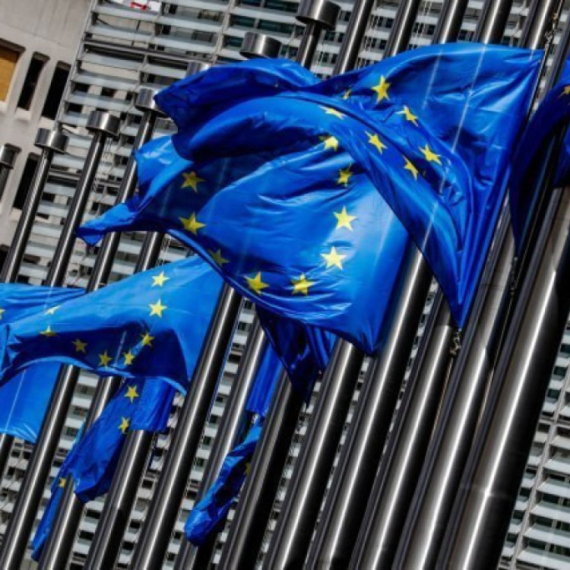
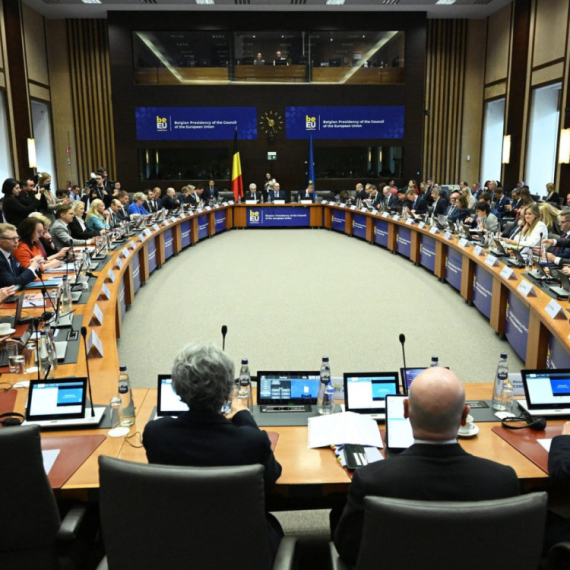
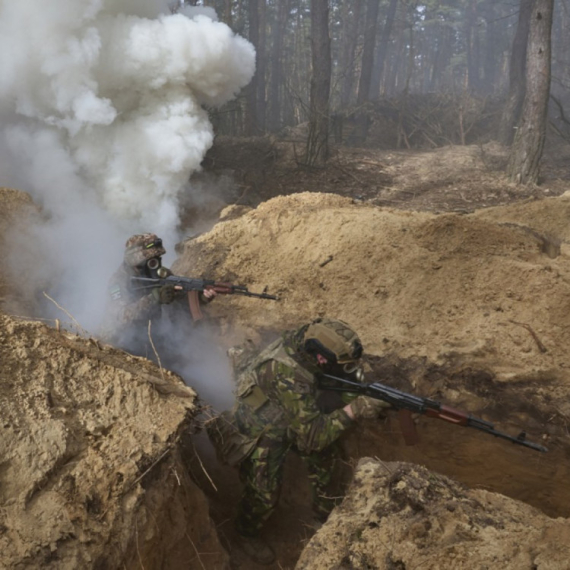
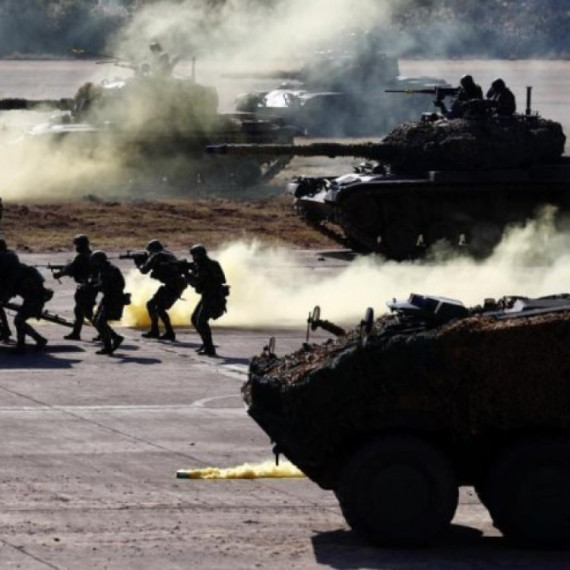
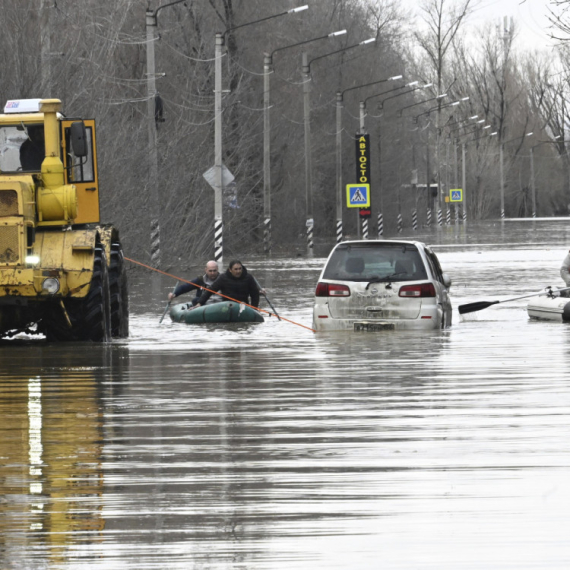

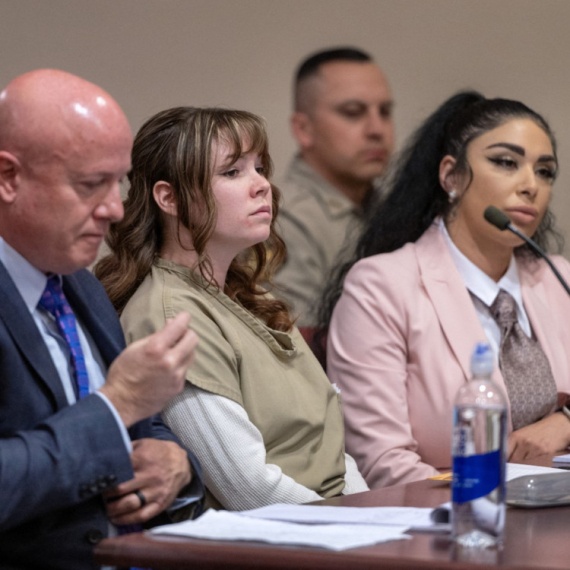
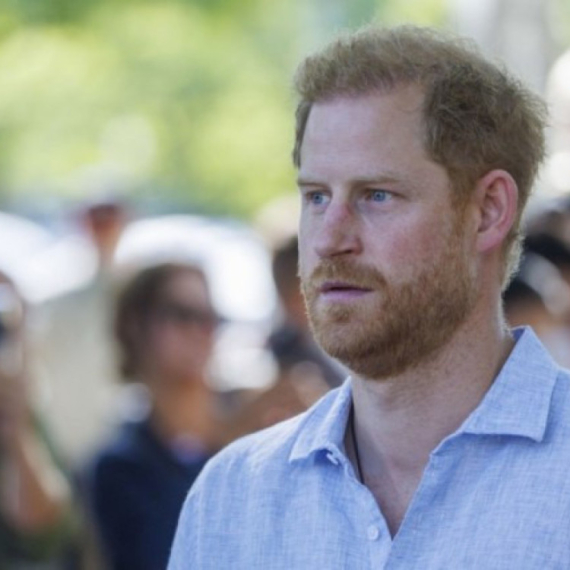

















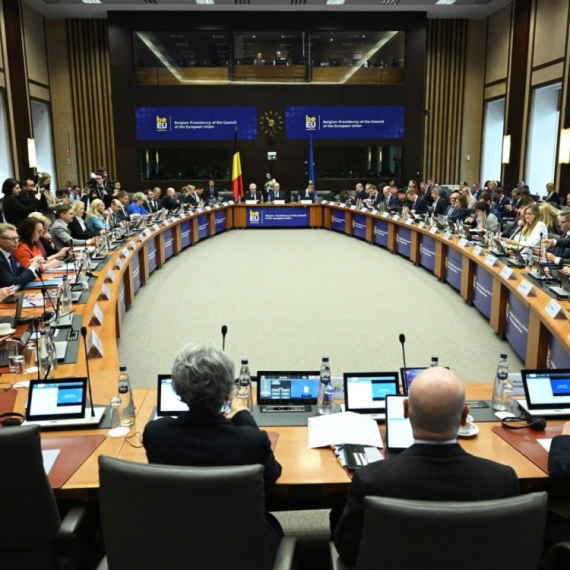
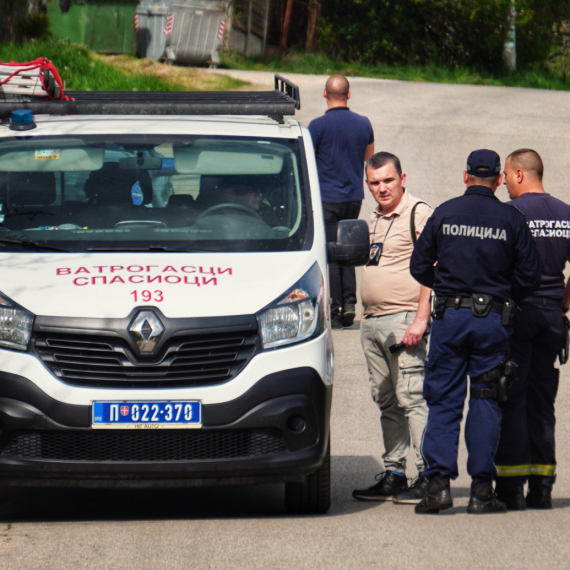
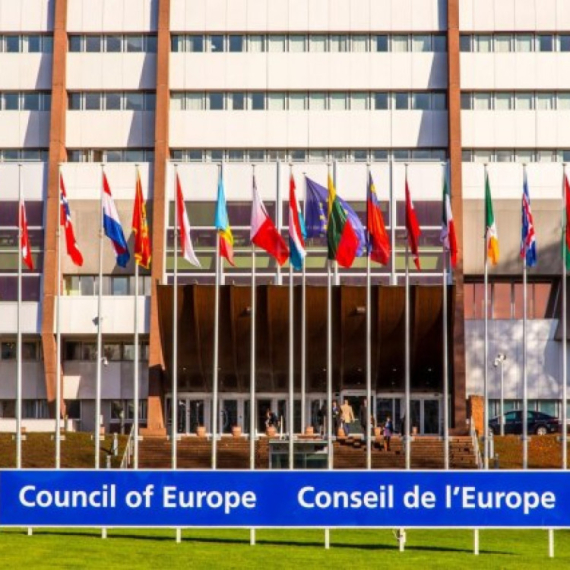
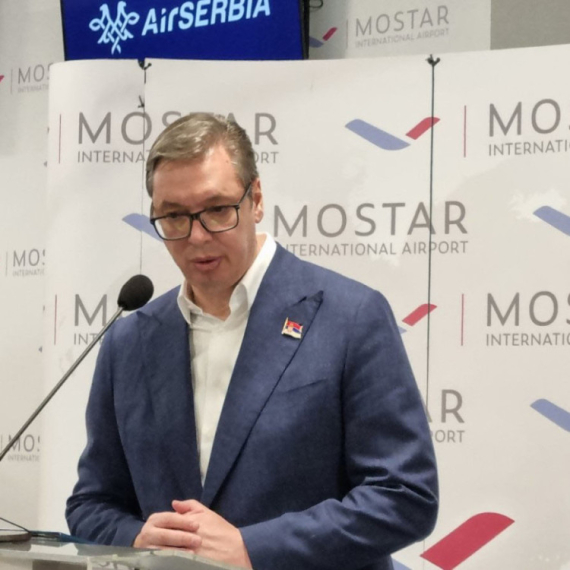










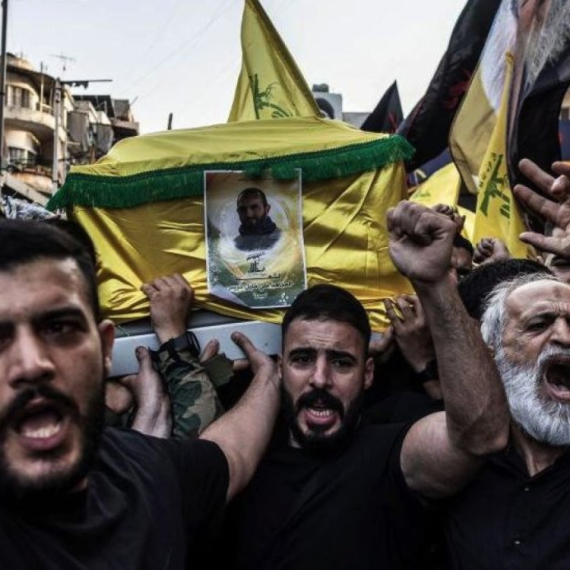
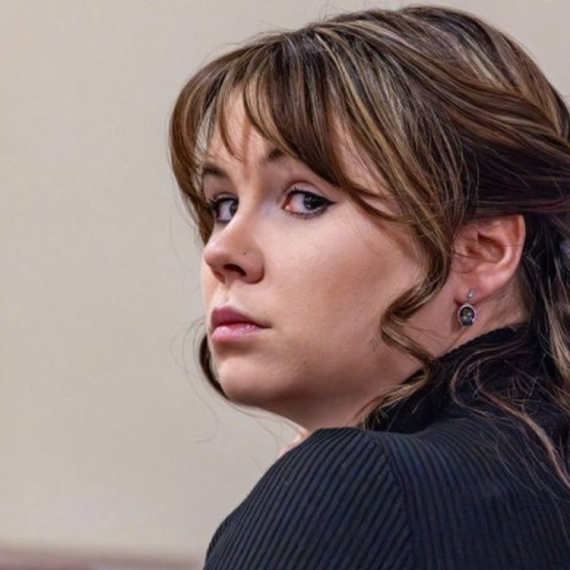

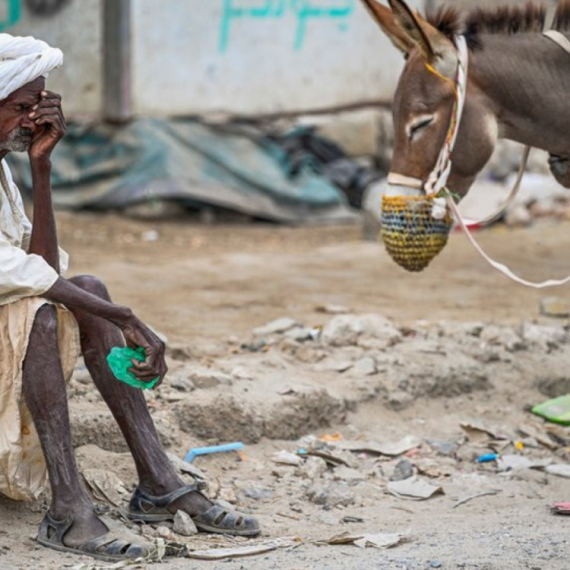
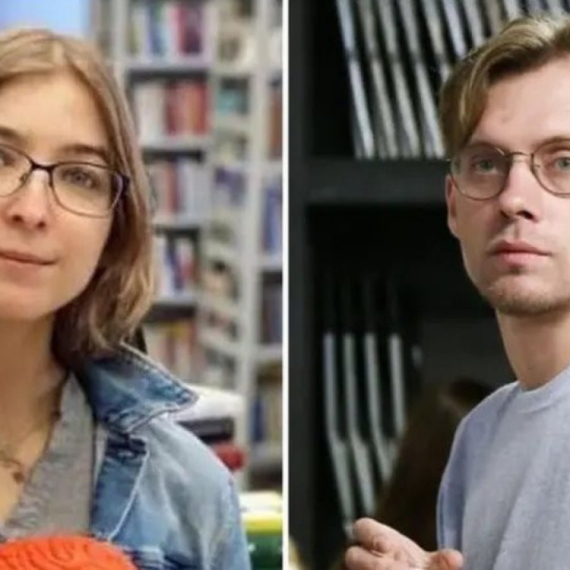

Komentari 25
Pogledaj komentare